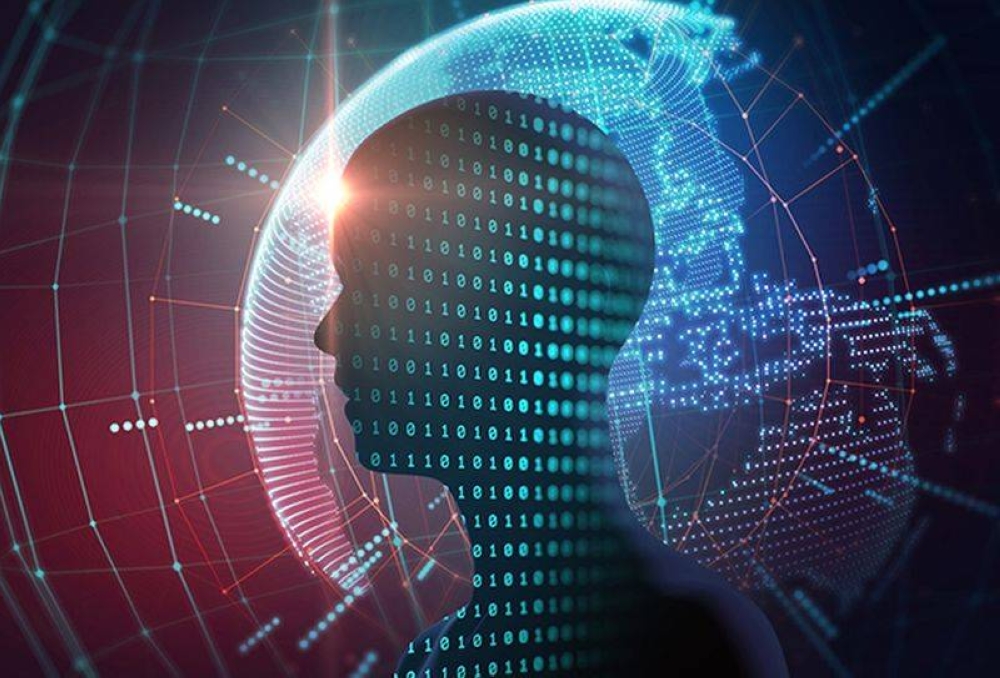DECEMBER 13 — How can artificial intelligence (AI) impact our lives? How may the phenomenon of very smart machines absorbing millions (if not billions) of data sets and churning out predictions and proposals change society?
These questions are hardly new.
Many of us are already experiencing the benefits (and problems) of AI in the form of Facebook “customising” the kinds of news stories we prefer, Spotify generating playlists for us based on our listening history, Google sending us targeted ads filtered via our search history, browsing patterns, emails and so on.
Maybe some of us even own fitness trackers which can flag us based on detected anomalies in our heartbeats or sleep patterns or whatnot.
Anyway, about a week ago AI moved a notch up when Open AI (a company started by Elon Musk in 2015 but he has since left the board) launched a new tool known as ChatGPT-3.
GPT-3 (generative pre-trained transformer-3) is one of the latest evolutions in machine learning; basically this mega-monster of a model was “fed” something like 40 TB of data and information (a number which grows by 10 times a year), and contains north of 175 billion parameters (a “parameter”, if I understand it correctly, is something the machine can measure and predict, eg. how to correctly identify or draw a cat?).
From a user-perspective, a tool like Chat-GPT3 allows us to create new stuff from your input. This, to me at least, sets it apart from Google. Imagine having a friend who’s happy to write and draw and code things for you, and this friend has studied more than any human can study in 500,000 lifetimes.
AI and learning
I’m a lecturer and have worked in education for quite a bit, so for sure innovations in AI are a cause for excitement and concern.
It’s exciting because just like how AI allows the personalisation of news and fitness, it also opens the way for customising learning. It’s only a matter of time before every student has some personal AI “avatar” which has learnt everything about this student’s history, strengths, learning styles, etc. and regularly prompts, promotes, modifies and tailor-makes learning events and programs just for the student.
Imagine a personal fitness trainer at the gym except this time it’s an all-rounded pedagogical coach who happens to know everything about the world, about learning methods, about exams and assessments and, most importantly, about you.

Nevertheless, there will be inevitable problems.
One obvious example is the fact that, at least for now, students can easily use output-creating machines like Chat-GPT3 to produce essays and assignments which fool their lecturers’ plagiarism-checking systems.
Although existing auto-essay writing platforms are crude and easily “found out” (I’m 99 per cent sure some of my students are using them, especially students I know who can’t write English well) in the future GPT-3 systems will produce better-quality prose.
In fact, I just experimented a few days ago with typing one of my exam questions into the Chat-GPT3 space and the answer produced reads very well already. The only problem is if multiple students use the same system I’m sure the plagiarism system will red-flag the essays eventually.
Note that almost the ONLY sure way to beat the anti-plagiarism system is to get someone else to write your essay for you, because usually a human will produce prose in a sufficiently random way which will be declared “original” by the anti-plagiarism algorithms.
Ironically, with an apparatus like Chat-GPT3 the lecturer herself can use AI to generate feedback (i.e. grade!) the very papers the same AI produced!
Now, how about that?
Anyway, how else will AI affect education? Well, perhaps the first thing a student can do is log on to the system right now (assuming they haven’t already) and practise producing school assignments from it ie see how a tool like Chat-GPT3 helps you in your homework and reports.
Try and ask it something like “how will machine learning or big data impact the future of education”? One could argue, indeed, that such acts of learners asking AI about AI’s own potential is precisely how education will look like in the era of AI.
* This is the personal opinion of the columnist






















